Olga Anczuków, PhD
Associate Professor
Research Program Co-Leader at the NCI-designated Jackson Laboratory Cancer Center
Dr. Anczukow is an independent investigator who studies the role and regulation of alternative RNA in cancer pathogenesis. She completed her Ph.D. at University Claude Bernard Lyon 1 in France, and her postdoctoral training at Cold Spring Harbor laboratory, NY, USA. She is an Affiliated Faculty at the UConn Health Department of Genetics and Genome Sciences, and an Investigator at the UConn Institute for System Genomics, and an Affiliated Faculty at the Yale Center for RNA Science and Medicine.
Her innovative integrative research approach seamlessly connects RNA biology, cancer research, and aging. She has made significant mechanistic discoveries that pave the way for new personalized cancer therapies. Notably, she identified novel oncogenic splicing alterations that play a crucial role in tumor initiation and metastasis. Additionally, her work has elucidated transcriptional and post-transcriptional pathways that regulate splicing defects in cancer. Her research has also contributed to the development of cutting-edge long-read sequencing platforms and RNA-based strategies to correct splicing defects.
She is the recipient of prestigious awards such as the RNA society Scaringe Award, the NIH/NCI Career Development Award, and the V Scholar Award. She has co-organized international conferences, including the FASEB RNA Processing in Cancer Conference: From Bench to Bedside (2023), Forbeck Forum on Therapeutic targeting of RNA Splicing (2023), and The Long-Read Sequencing Workshop (2024). She is a member of the RNA Society and the American Association for Cancer Research, and serves on the AACR Aging and Stress Advisory Task Force. She also served on several study sections and peer review groups.
Finally, Dr. Anczukow is dynamically engaged in the research community, in the training of the next generation of cancer researchers by mentoring junior faculty, postdocs and students, and in science outreach programs.
Current Lab Members

Brittany Angarola, Ph.D.
Investigates aging-driven splicing and its role in breast cancer.
Education:
- Ph.D. and M.Phil., Yale University
- B.S., University of Notre Dame
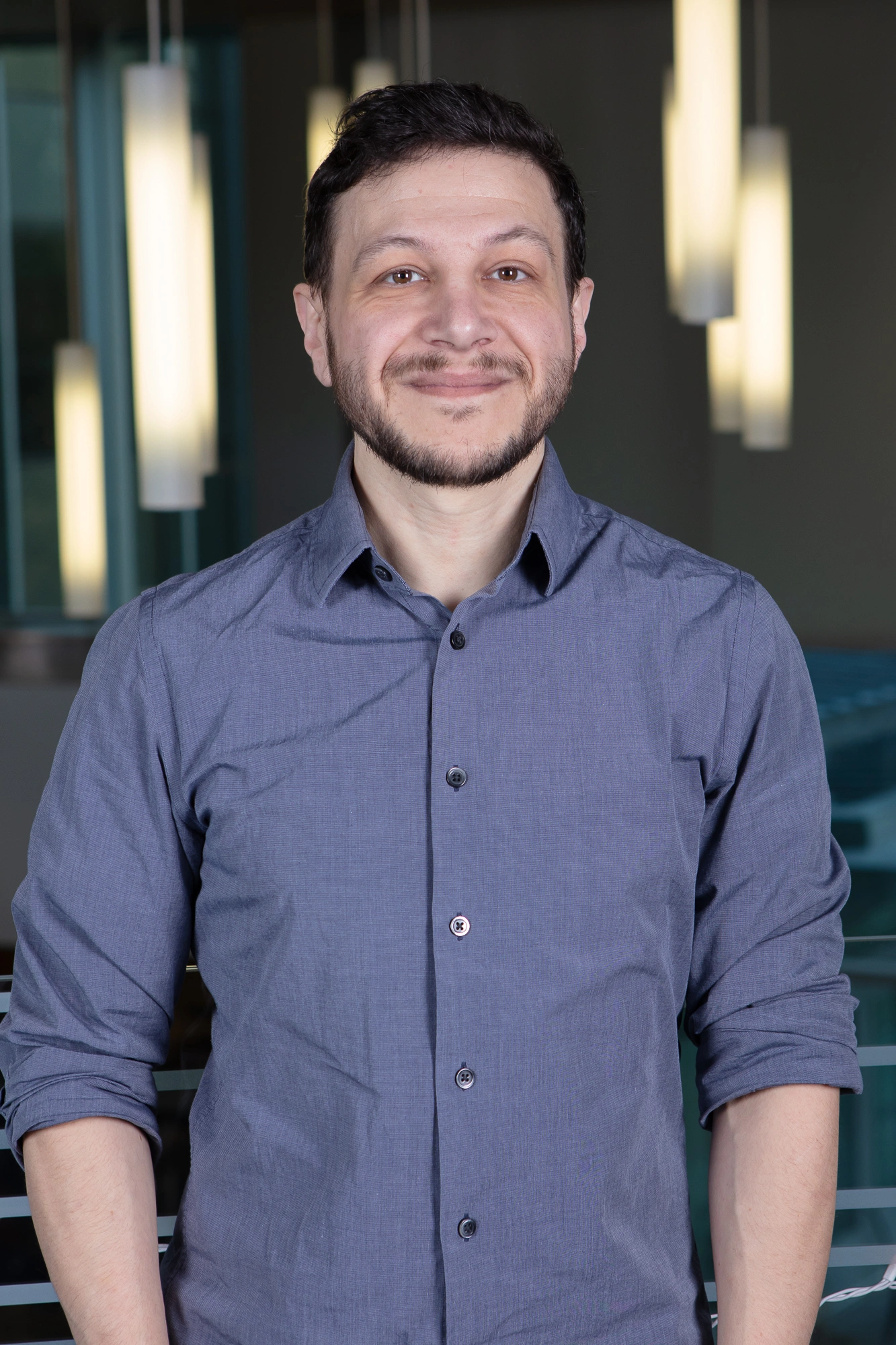
Mattia Brugiolo, Ph.D.
Develops high throughput approaches to modulate splicing in model systems.
Education:
- Ph.D., Max Plank Istitute, Dresden, Germany
- M.Sc., University of Padua, Italy
- B.S., University of Padua, Italy
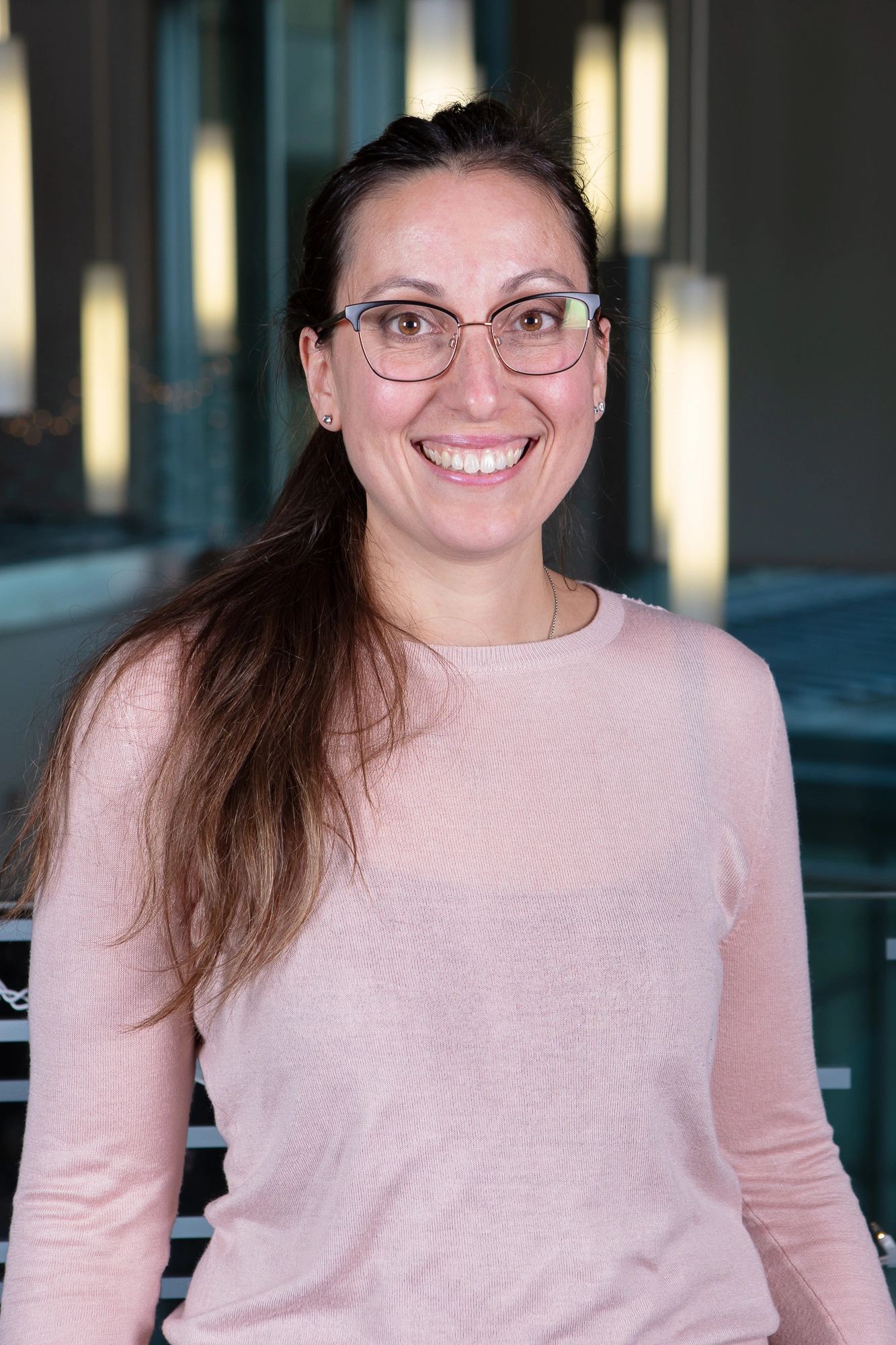
Maeva Devoucoux, Ph.D.
Investigates the links between splicing and epigenetics marks during aging and cancer.
Education:
- Ph.D., Laval University, Canada
- M.Sc., Montpellier 2 University, France
- B.S., Montpellier 2 University, France

Holly Driscoll
Investigates the role of aging-driven isoforms in DNA repair proteins.
Education:
- B.S., University of Maryland Baltimore County (UMBC)
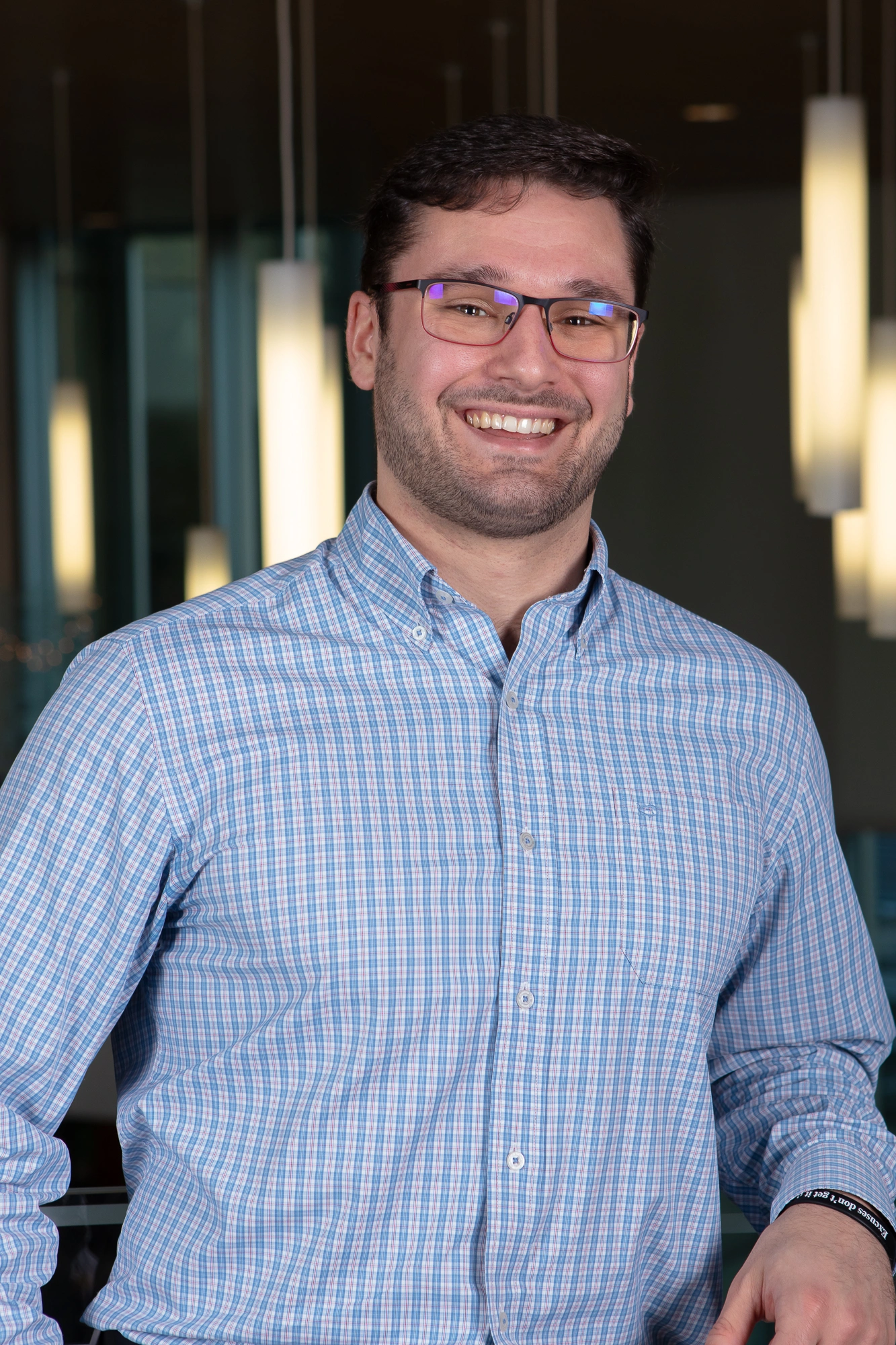
Ryan Englander
Investigates splicing-derived immune signaling molecules and neo-antigens in breast and lung cancer using long-read RNA-sequencing in collaboration with the Palucka Lab.
Education:
- M.Sc., University of Connecticut
- B.S., University of Connecticut
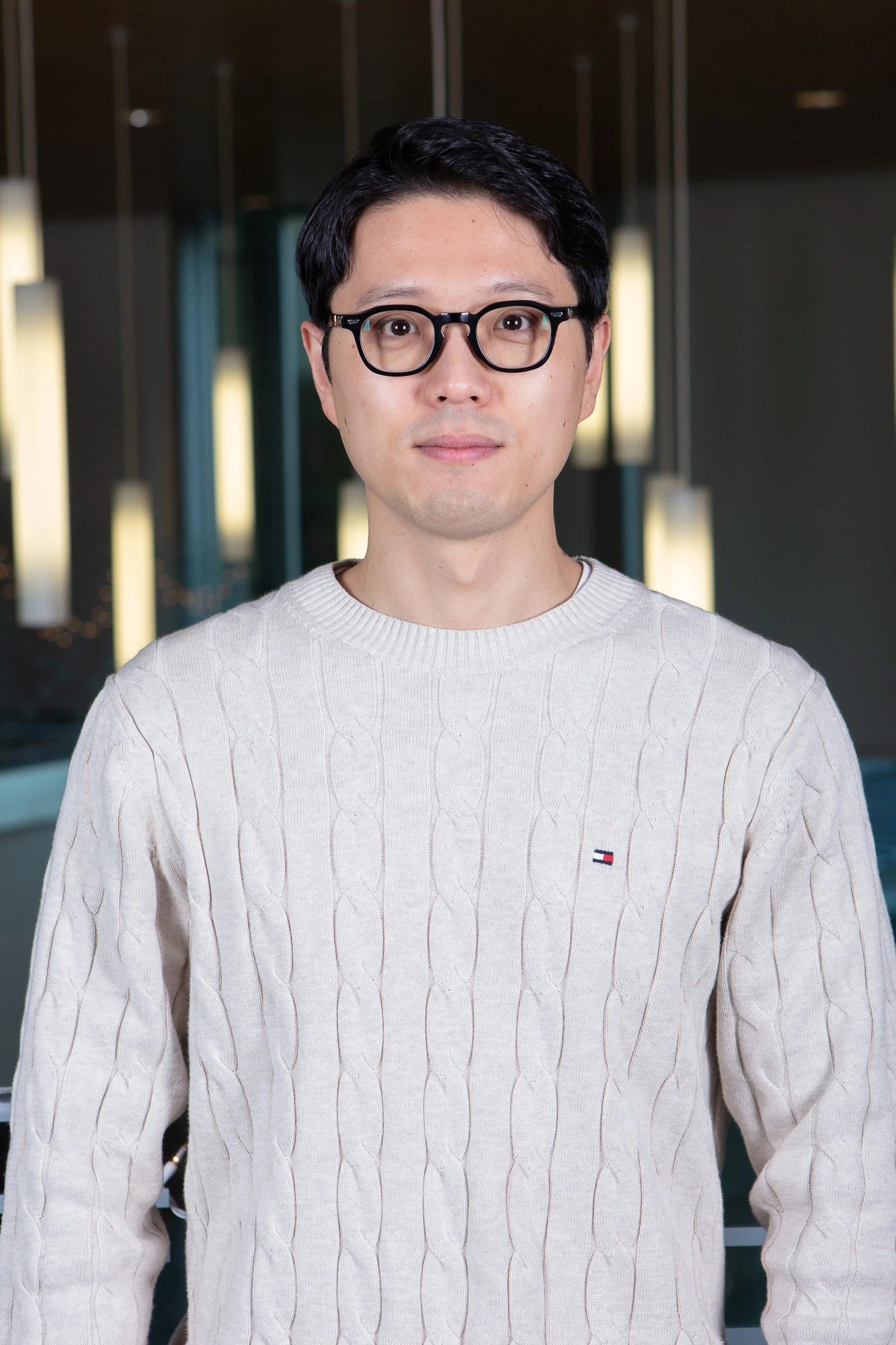
Hyeon Gu Kang, Ph.D.
Leverages transcriptome data to uncover RNA splicing mechanisms and their implications in aging and disease.

Ashley Mrdelja
Education:
- M.Ed., Rivier University
- B.A., University of Connecticut

Isha Walawalkar
Investigates the post-transcriptional regulation of splicing factors during development and in cancer.
Education:
- M.P.H., UConn School of Medicine
- B.S., Boston University
Alumni

Nathan Leclair
Investigates the role of ultraconserved elements in regulating expression of RNA splicing factors during cellular differentiation and tumorigenesis.
Education:
- M.D./Ph.D., UConn School of Medicine
Current position:
Resident in Radiation Oncology, MSKCC
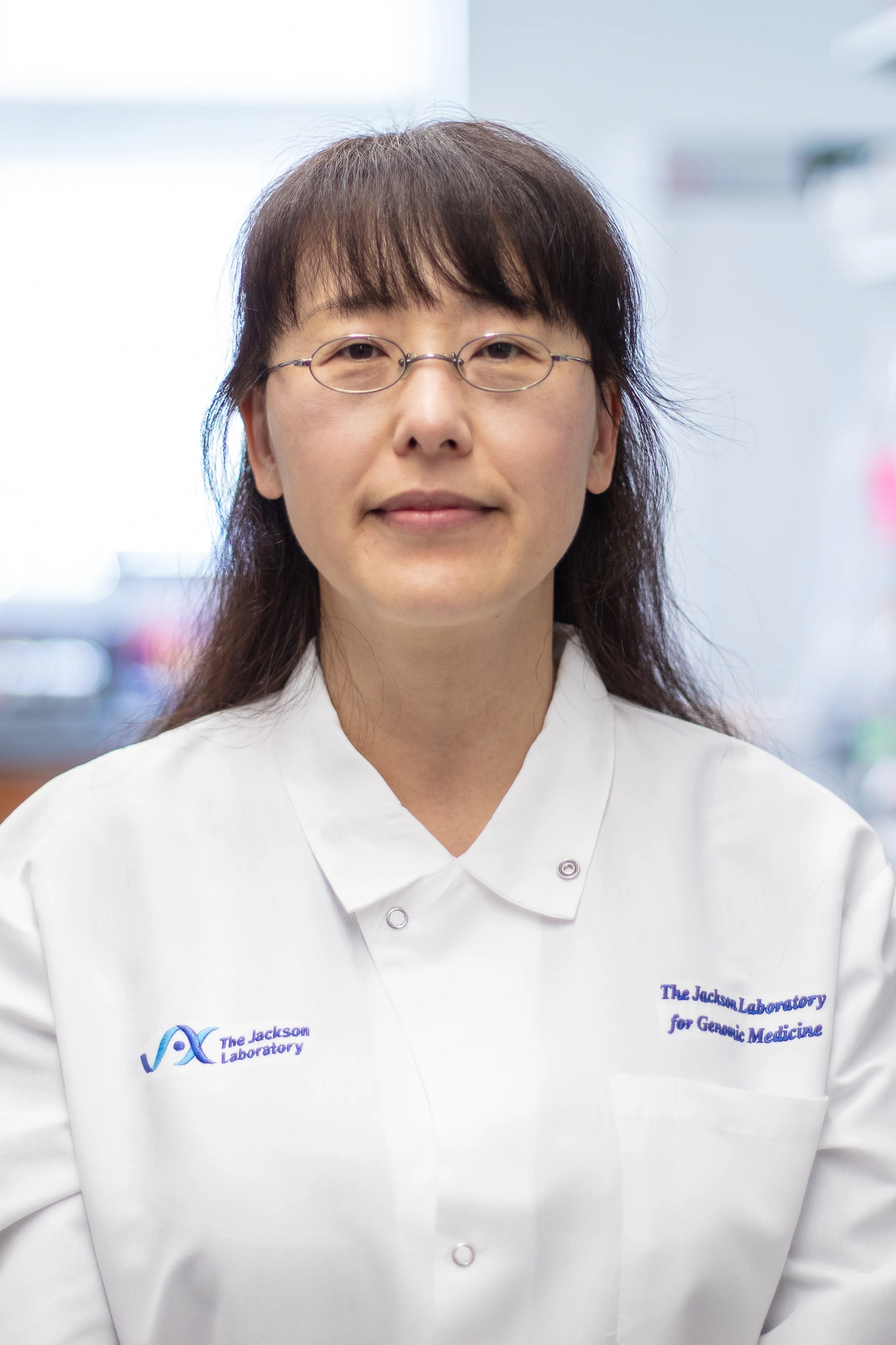
Sunghee Park, Ph.D.
Develops high throughput approaches to map splicing at the single cell and spatial levels.
Education:
- Ph.D., University of Connecticut
- M.A., Michigan State University
Current position:
Senior Research Scientist, RNAConnect

Laura Urbanski
Investigates the role of MYC in regulating splicing factor co-expression modules and alternative splicing promoting tumor maintenance.
Education:
- M.D./Ph.D., UConn School of Medicine
Current position:
Associated Medical Writer, Apollo Medical Communications.







